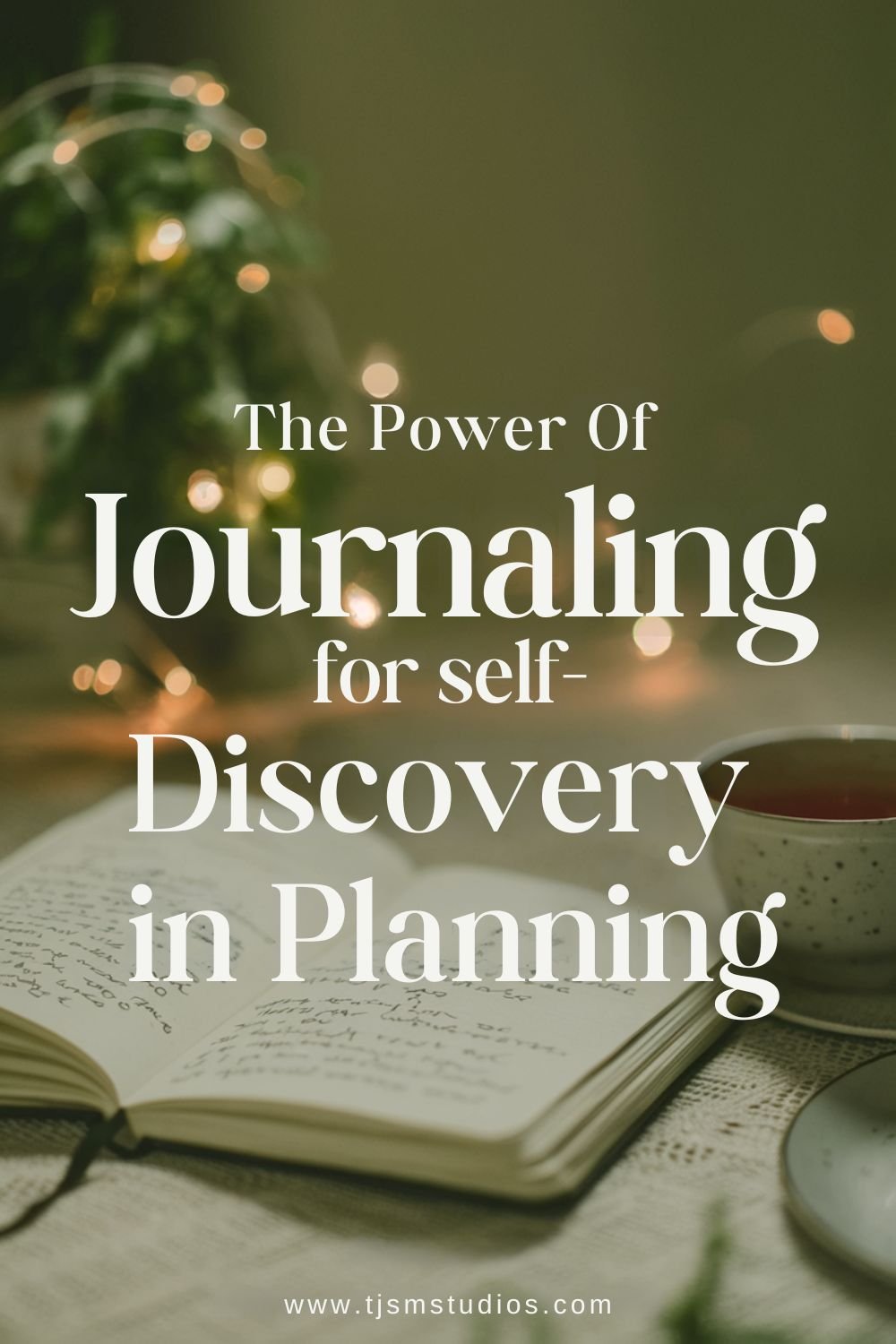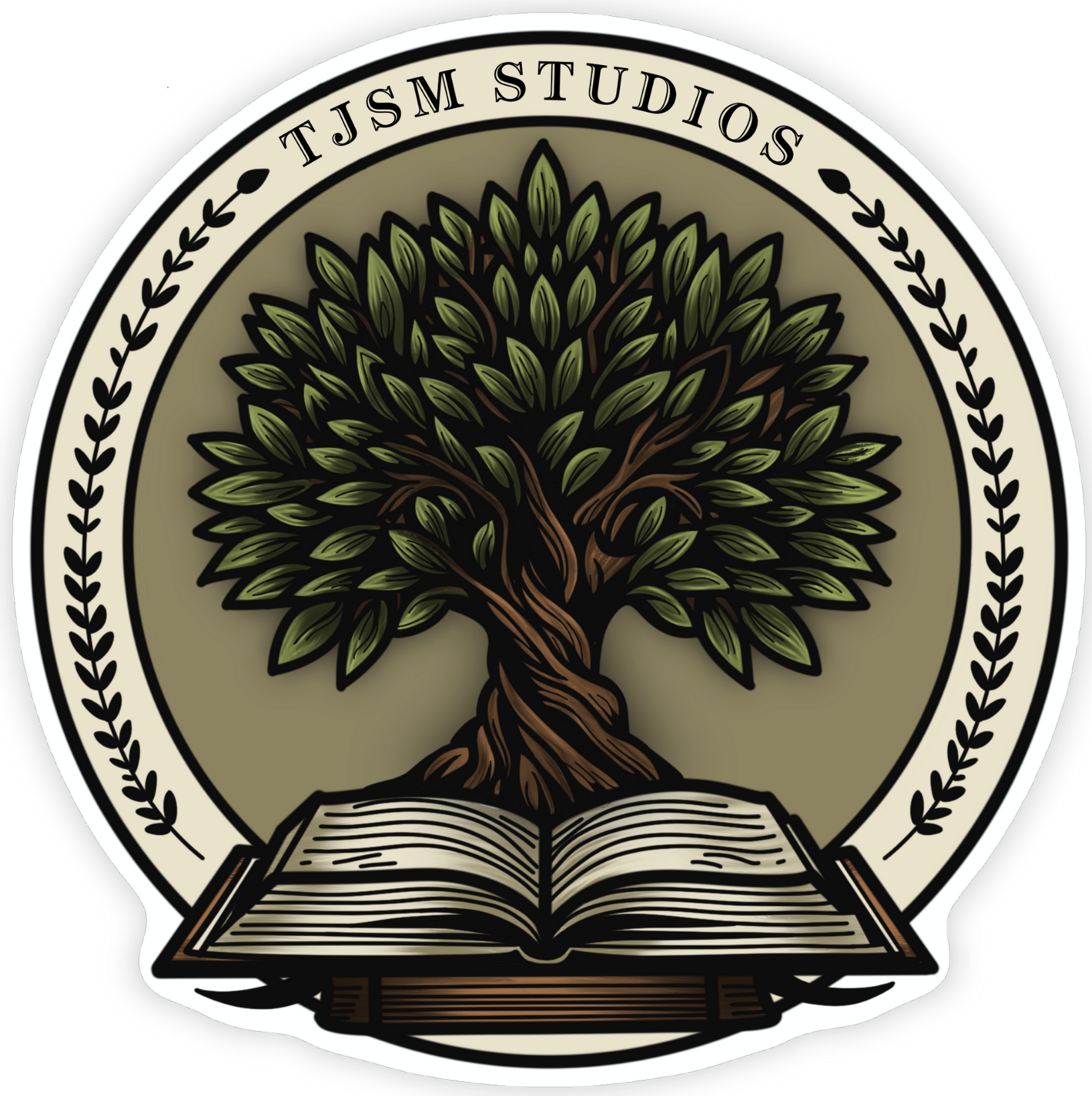This post may contain affiliate links, meaning I may earn a small commission at no extra cost to you.

Journaling is a simple yet powerful tool for unlocking deeper insights into your goals and aspirations. It helps you explore your thoughts, feelings, and intentions, cutting through the noise of daily life. By making journaling a habit, you create space to clarify your desires, gain self-awareness, and make meaningful decisions. Let’s explore how this practice can elevate your planning process and enrich your personal development journey.
The Role of Journaling in Self-Discovery
Uncovering Personal Patterns and Insights
Before embarking on a journey of self-discovery, it’s essential to understand your thoughts and emotions. Journaling allows you to track daily experiences, moods, and decisions, revealing recurring patterns that shape your behavior. Over time, you may notice themes, emotional triggers, or thought loops that offer valuable insights into your life choices, aspirations, and challenges.
Reflecting on your entries can highlight shifts in your mindset or the emergence of new interests. This heightened awareness empowers you to make proactive changes that align with your values and passions. By recognizing these personal patterns, you gain clarity and intention in your self-discovery journey.
Strengthening Self-Awareness and Mindfulness
Journaling enhances self-awareness and mindfulness, both of which are crucial for personal growth. Writing engages you with your thoughts and emotions, fostering a deeper connection with yourself. This reflection process helps you pause, examine your reactions to situations, and understand your motivations and desires.
Beyond self-reflection, journaling challenges you to confront difficult emotions and question assumptions. This practice builds resilience and self-compassion, key traits that support personal development. As you cultivate mindfulness through writing, you create a safe space for honest exploration, leading to greater emotional intelligence and a more authentic life.
Journaling as a Tool for Effective Planning
Setting Clear Goals Through Reflection
Effective planning begins with a clear understanding of your aspirations, and journaling is an excellent tool for gaining this clarity. Writing helps you structure your thoughts, prioritize what truly matters, and articulate specific goals. Regular journaling brings to light patterns and ambitions, enabling you to set meaningful, actionable targets that align with your vision.
Through reflection, you refine your goals and make them more attainable. By evaluating past experiences and drawing lessons from them, you create a roadmap for your future. The more you write, the better you become at setting goals that inspire and genuinely reflect who you are.
Tracking Progress and Adapting Strategies
To stay on course, it’s essential to track progress and adjust strategies as needed. Journaling provides a structured way to record your goals, efforts, and challenges. Reviewing past entries helps you identify what’s working and what needs adjustment, fostering an adaptive mindset that enables you to pivot when necessary.
Tracking progress isn’t just about celebrating wins—it also highlights obstacles. Documenting setbacks allows you to brainstorm solutions and refine your approach. This ongoing self-assessment builds a proactive attitude, ensuring that your planning remains dynamic and aligned with your evolving aspirations.
Techniques for Powerful Journaling
Guided Prompts for Deeper Exploration
Facing a blank page can be daunting, but guided prompts can spark deeper self-reflection. Consider thought-provoking questions such as:
- What are my core values, and how do they shape my decisions?
- What fears are holding me back from pursuing my goals?
- How do I define success, and what steps am I taking to achieve it?
Experimenting with different formats—such as writing a letter to your future self or creating a dialogue between different aspects of your personality—can provide fresh perspectives. Revisiting these prompts regularly can deepen self-awareness and refine your planning process.
Creative Approaches to Enhance Planning
Incorporating creativity into your journaling can make the process more engaging and insightful. Try using visual elements like mind maps, sketches, or collages to represent your goals and aspirations. These artistic expressions tap into different cognitive functions, making goal-setting more intuitive and enjoyable.
Color-coding thoughts, using symbols, or adding emojis can also make entries more visually dynamic. Blending written reflections with visual tracking methods enhances accountability and provides a clearer picture of your progress. Your journal then becomes more than just a collection of thoughts—it evolves into an interactive planning tool that grows with you.
Conclusion
Journaling is a valuable practice for self-discovery and planning. It offers a safe space to explore your thoughts, emotions, and aspirations while providing clarity on your path forward. Whether through guided prompts, free writing, or creative techniques, the key is consistency and openness to the insights that emerge.
Beyond reflection, journaling connects your mind with your goals, reinforcing accountability and intentionality. As you document your journey, you gain a deeper understanding of yourself and the steps needed to achieve your dreams. Embrace the power of journaling as a personal compass, guiding you toward a more fulfilling and purpose-driven life.

